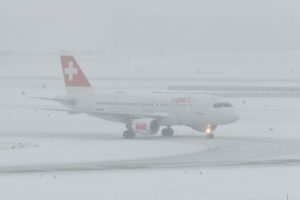404: This page could not be found!
Where did you want to go? Unfortunately, the page you're looking for either no longer exist, has moved or was mistyped
While you are here, make sure to check our great flight deals from many cities worldwide or our great travel tips that will help you travel more for less!




